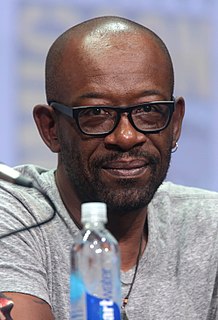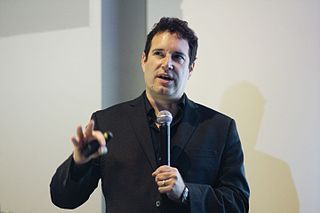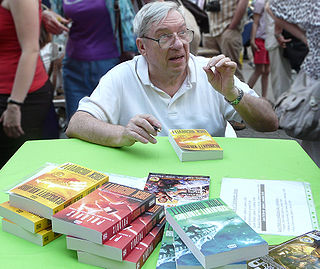A Quote by Robert Bringhurst
Typographic style is founded not on any one technology of typesetting or printing, but on the primitive yet subtle craft of writing.
Related Quotes
Anyone who has studied the history of technology knows that technological change is always a Faustian bargain: Technology giveth and technology taketh away, and not always in equal measure. A new technology sometimes creates more than it destroys. Sometimes, it destroys more than it creates. But it is never one-sided. The invention of the printing press is an excellent example. Printing fostered the modern idea of individuality but it destroyed the medieval sense of community and social integration.







































